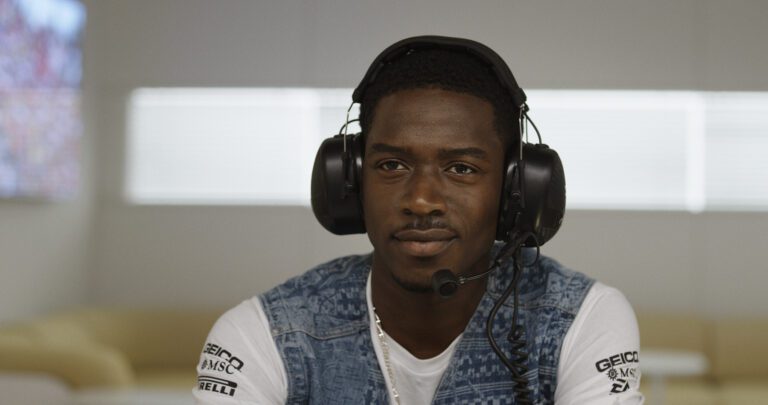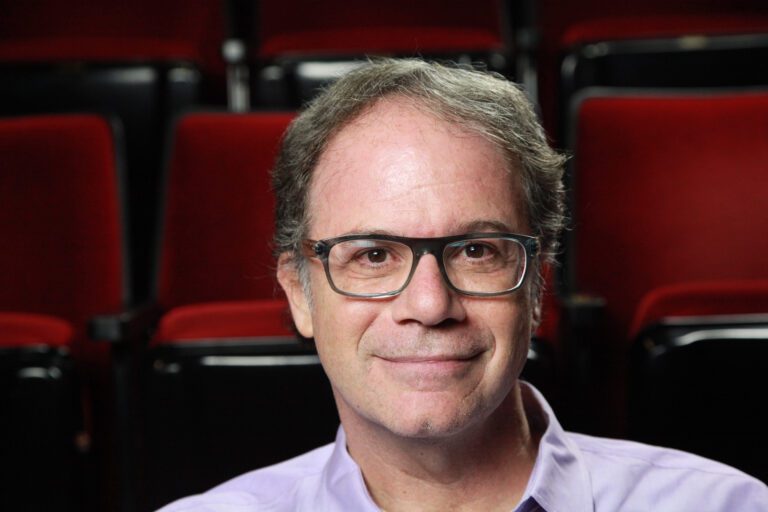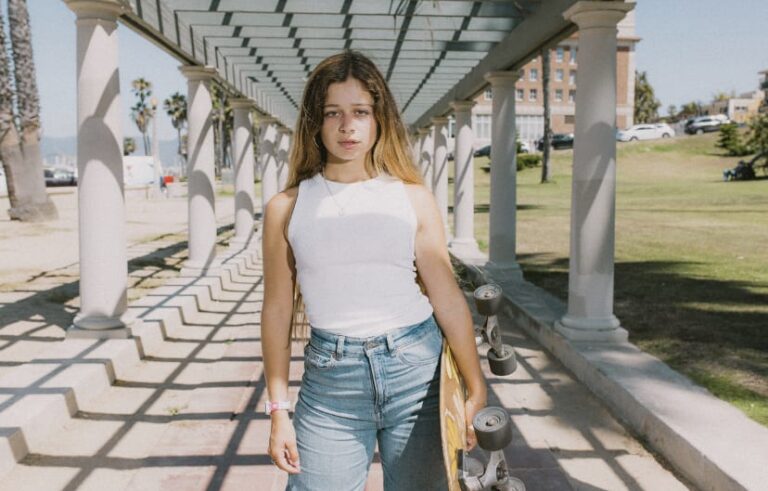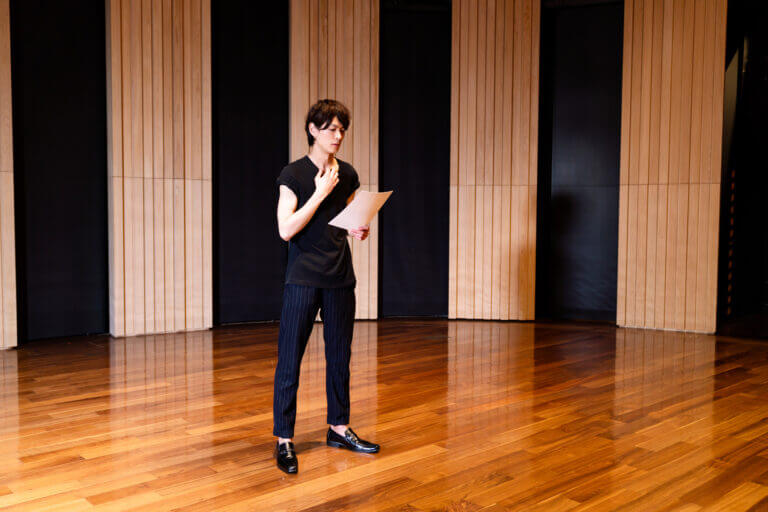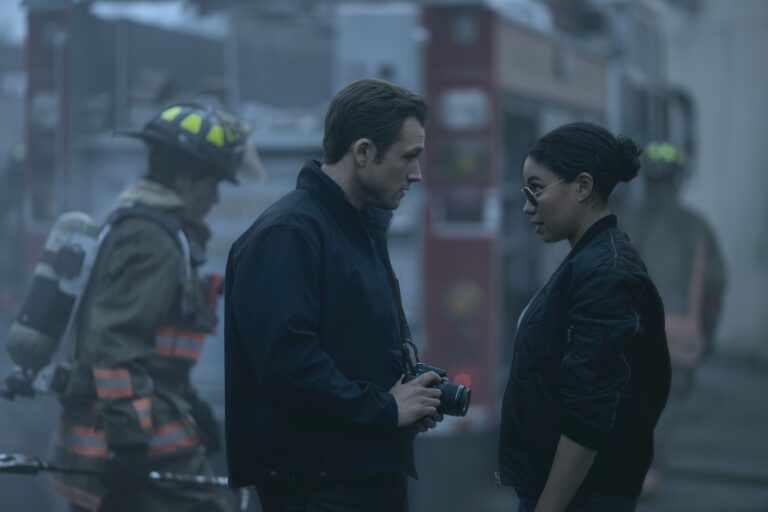There is no question that Ellen Jacoby is a legend in the Florida casting world. The former professional gambler — yes, really — settled into a career as a casting director in the mid-80s and hit the ground running, doing some local casting for Miami Vice.
Over a career that has lasted four decades, she has been involved in dozens of other productions that shot in the Sunshine State, including Parenthood, Cape Fear, True Lies, Bad Boys, The Waterboy, Ali, The Punisher, Dreamgirls, Burn Notice and Entourage. She spoke with us from her home in West Palm Beach.
Insights: Lessons From Ellen Jacoby
- With technology, casting can be done remotely, leading to a high volume of submissions. It’s important to be aware that your audition tape might be one among thousands, so make it stand out and ensure you follow guidelines precisely to avoid being overlooked early in the review process.
- Memorize not just your lines but the entire scene to fully understand the context and your character. This preparation allows you to accurately portray the role and recover smoothly if you forget a line during the audition.
- When auditioning, make sure to present yourself in a way that aligns with the character you are portraying. First impressions are crucial, and looking the part can play a significant role in the casting director’s decision-making process.
What made you go into casting?
That’s a very long crazy story. I was very young. I was 11 when I was in high school, I was 15 when I was in college, and when I graduated college, my parents said I couldn’t leave home ’till I was 21.
I was singing and dancing the whole time as a kid growing up, so I ended up moving to Florida when I was 21 and started singing for Holiday Inns. In Miami Beach, I fell off the stage and I broke my back. As I was recovering, a friend of mine was opening up a club in the Bahamas and asked me if I’d go. That’s where I first saw a backgammon table. I said, “Oh, what’s that?” I learned how to play backgammon. Of course, there weren’t very many women gambling then, and the men would fight to teach me. I never dated any of them, because you never know when you’re gonna have to play them.
I started playing, and I started winning. I was very, very good and I became an international backgammon champion. I played all over the world. I was friends with Lucille Ball, Johnny Carson, Princess Grace, Prince Rainier and Harry Winston, I had crazy friends. I’m a 22-year-old lunatic, and I go back and forth from Europe to home. My parents would say, “What is this jet setting all over the world? Get your feet on the ground. Be a school teacher.”
Seems like a reasonable transition.
(Laughs) Yeah, but a friend of mine was opening up a casting office while I was home in Miami, and she said, “why don’t you come up and work with me a little bit?” I did, and then the next tournament came up, so I left and did the tournament. I came back, and the same thing happened. Then a big casting came up at the same time as a big tournament, and I had to make a choice. I said, “you know what? I think I’m going to stay with casting.”
What was it about casting that attracted you?
I think because I was a singer and dancer, I was always doing acting, and I just thought, “it’s great, it’s one of the arts, let’s go ahead and do it.”
What was it like casting in Florida back in the 1980s?
There were no incentives anywhere. Florida was the most desired location. You could film down here year-round, you don’t have a state tax and then, Florida is a right-to-work state. We didn’t have to use union extras, so productions would save a lot of money on that and we’d get everything that they wanted. I was nominated three times for casting awards and won twice, and it was just great.
It was great for the [local] economy. You have to feed everybody, and you have to provide snacks and water and everything throughout the day. Where do we get that? At the local markets. Where do we fill up all the vehicles? At all the local gas stations. They needed to get wood, they spent $100,000 just on wood at a local lumber yard.
It goes into the community. We always give back to the community, and we’re clean and we’re green. Then Georgia took all of it. Getting incentives here is such a fight, and I don’t know why, because the money goes into the state coffers.
It doesn’t make sense, does it? Almost like cutting off your nose to spite your face.
I’ve hired over 330,000 actors. That’s a lot of actors, and that’s a lot of food on the table, and, sadly, we don’t have incentives.
I did the original Bad Boys, right? Now they shoot up there in Georgia and come down for a week to make it look like Florida. The same with CSI: Miami. I was working with them, and then they went back to LA and they had so much footage from here of the exteriors and the sand and the beach and the girls in bikinis that they didn’t have to come down anymore, because what was the point? It cost them too much without any incentives, so it killed us. Meanwhile, Georgia has taken in $4 billion from people filming.
How has your job changed over the last few years?
We’re doing commercials, but mostly in the winter. They like to come to Florida in the winter. (Laughs) The whole industry has changed, and now people know how to work from home. When we do a casting, we do it on the computer. There are different companies that you put the casting out, like Casting Networks. You pick the agents you want, you put the casting out to them and then they submit to you.
I go through them, but the problem with that is, in one role, I’ve got 3,000 submissions. I don’t want to miss a good one, so I gotta open them all. I don’t watch them all to the end, because you can tell right at the beginning when they’re bad, but that’s a lot.
Do you see this as an overall negative?
It’s nice that they can get better by doing it at home, but I don’t think that they have the knowledge and feel of going to a casting. It’s good for the actors to have that personal contact. Now the job is more complicated, because you’re seeing more people, but there’s less personality to it. You don’t get a good sense of them as well as you do when you meet them in person.
Speaking of that, do you find that there are common mistakes that actors make when they’re auditioning?
Yes, of course. I think with the newer actors when you’re filming them, they don’t hold their mark. They’ll walk around, which you can’t do.
With that in mind, what piece of advice or wisdom would you give to an actor coming in to audition for you?
Please look at the part. What I tell actors is, when they get the script, memorize the scene that they’re doing. If someone comes to you to say, What’s your scene about? Tell me about your scene. You can give them a blow-by-blow description of the scene that makes it much easier to learn the dialog. If you forget a line, it doesn’t matter. You know exactly what’s going on.
A lot of people just pick it up and they read it, they try to figure out what they’re going to say, how they’re going to say it, you know, that kind of thing. But if you memorize the scene and know it, it’s much easier to fall into the right kind of dialog and attitude.
Ready to find your next role with Casting Networks? Sign up for a free trial today!
You may also like:


